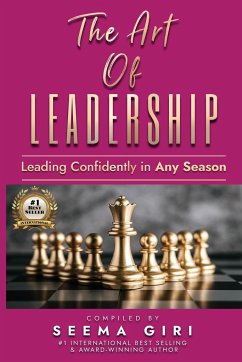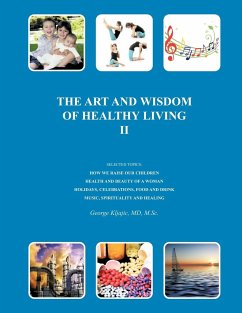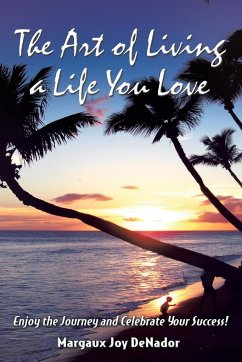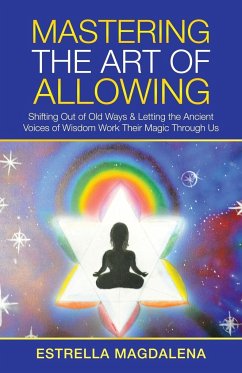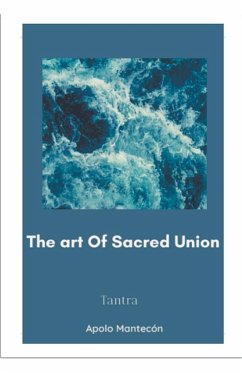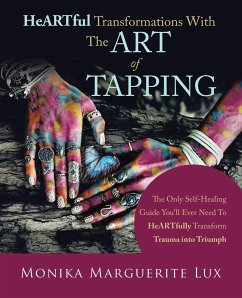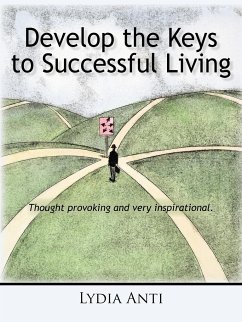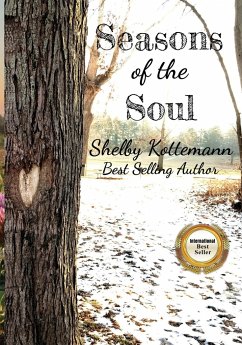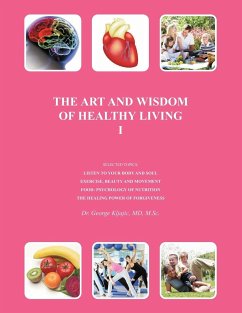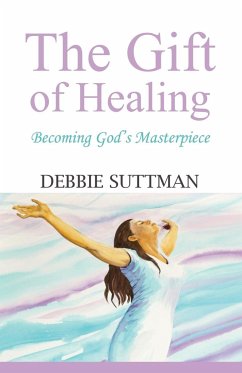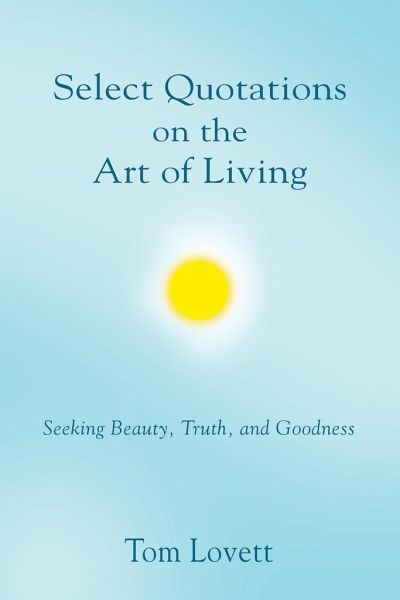
Select Quotations on the Art of Living
Versandkostenfrei!
Versandfertig in 1-2 Wochen
24,99 €
inkl. MwSt.

PAYBACK Punkte
12 °P sammeln!
Why do liberals and conservatives differ so consistently on such varied issues? Why do people fight so bitterly over political and religious issues? Don't our shared human interests outweigh our differences? Tom Lovett looked for answers in the natural sciences, in the social sciences, and in the humanities. Over time, he linked key knowledge from those three sources into a theory of the art of living, a theory that honors our shared human interests. Select Quotations on the Art of Living (2024) outlines that theory and uses quotations from eminent authors to illustrate it. His earlier book, C...
Why do liberals and conservatives differ so consistently on such varied issues? Why do people fight so bitterly over political and religious issues? Don't our shared human interests outweigh our differences? Tom Lovett looked for answers in the natural sciences, in the social sciences, and in the humanities. Over time, he linked key knowledge from those three sources into a theory of the art of living, a theory that honors our shared human interests. Select Quotations on the Art of Living (2024) outlines that theory and uses quotations from eminent authors to illustrate it. His earlier book, Creating Beautiful Lives (2020), presents details of the theory. In the proposed theory, we learn skills in the art of living and create beautiful lives by doing three things:Seeking the ancient ideals: beauty, truth, and goodness. Essential dictionary meanings of those three words can help us seek them. Seeking those ideals while engaging in our most basic behavior. Like other animals, we create living space, obtain food, eat, court, have sex, parent, groom, play, build, form social bonds, fight, flee, and sleep. Seeking those ideals through art, science, and religion. Unlike other animals, we can modify our behavior with artistic skill, with scientific knowledge, and with religious devotion and inspiration. Art can be a path toward beauty, science a path toward truth, and religion a path toward goodness. Each path can eventually lead toward all three. We become artistic by refining a skill sufficiently. We become scientific by evaluating a theory rigorously and finding it adequately reliable or false. We become religious by devoting ourselves thoroughly to an activity, idea, group, or interest, and/or by joining an organized religion. We can learn everyday forms and specialized forms of art, science, and religion. Everyday forms modify our basic behavior, and everyone can learn them. The specialized forms are fine art (painting, sculpture, writing, singing, music, dance, theater, and many more), social and natural science, and organized religion. Everyone can value those specialties and choose whether and how to participate in them. The proposed theory reconciles realism about our animal nature with idealism about our highest human potential. The art of living becomes our way of life, and the human species becomes one human family. We live in peace and harmony with one another, with other species, and with nature. We are at home on the earth and in the universe.



